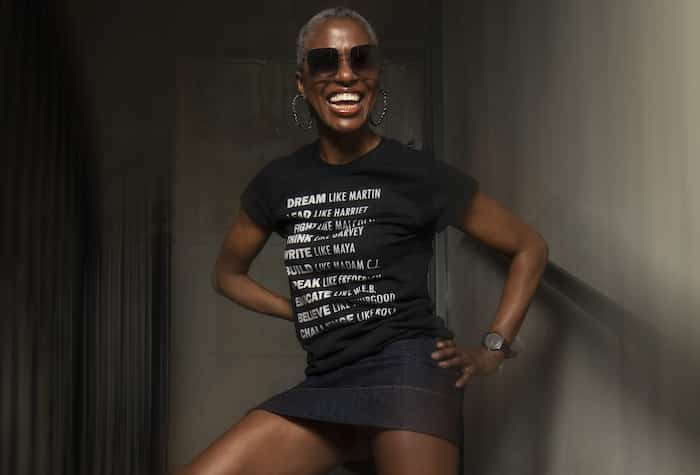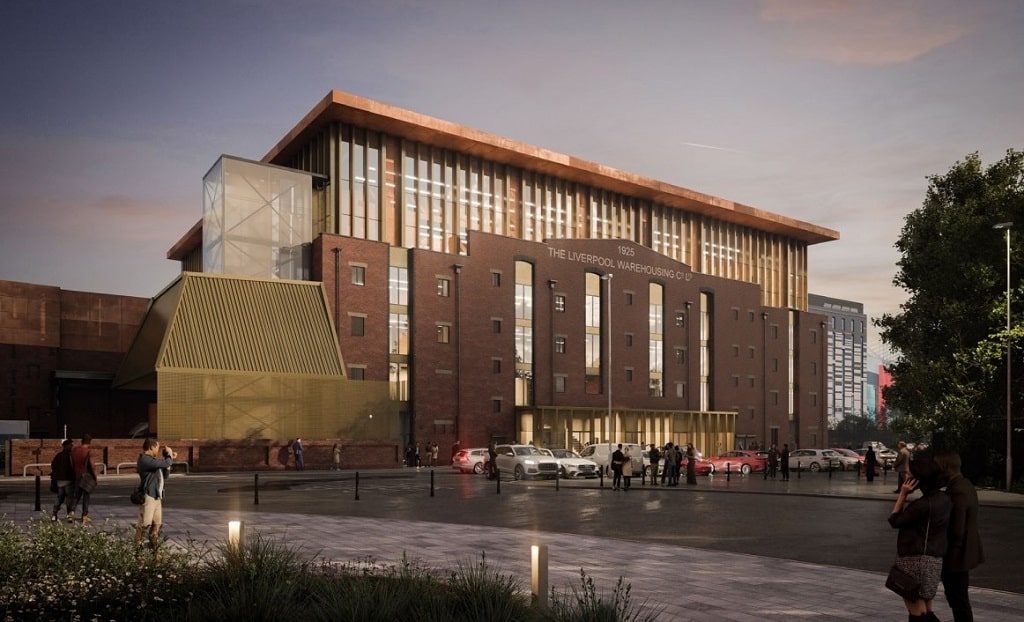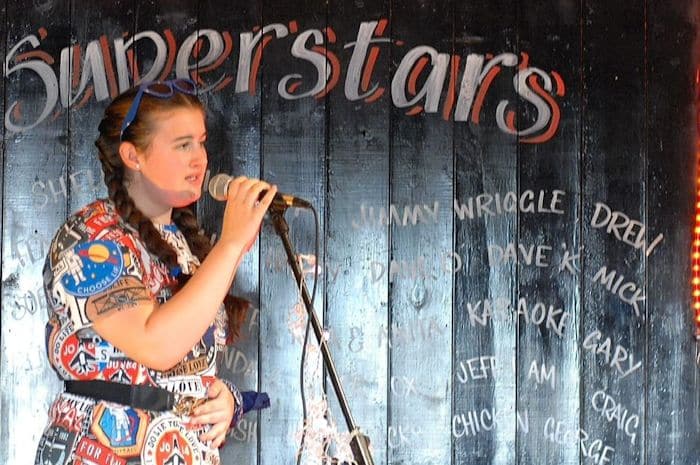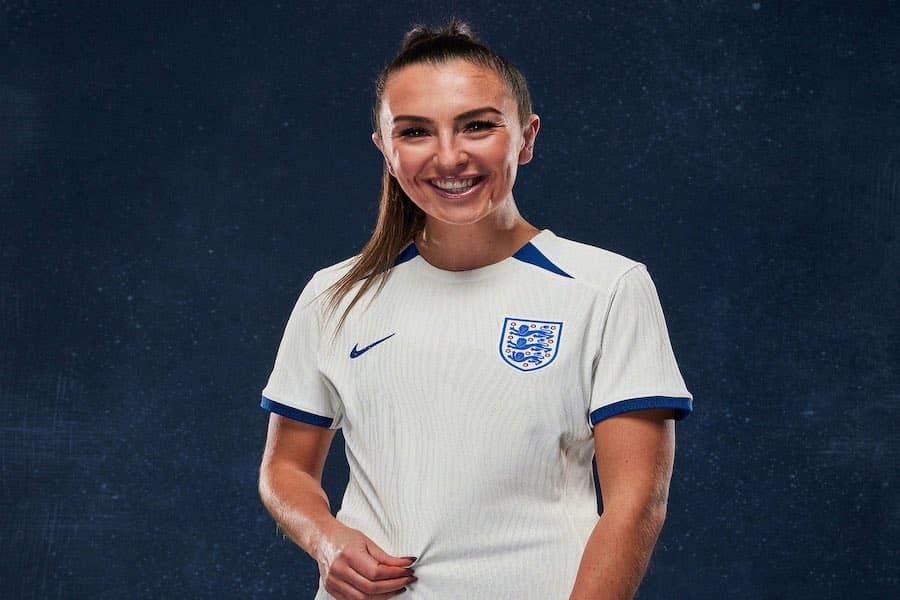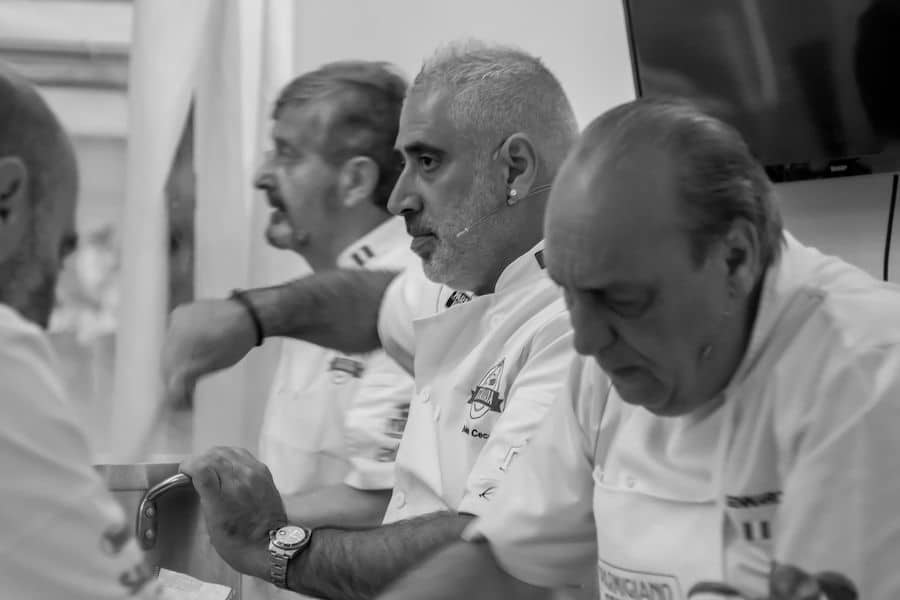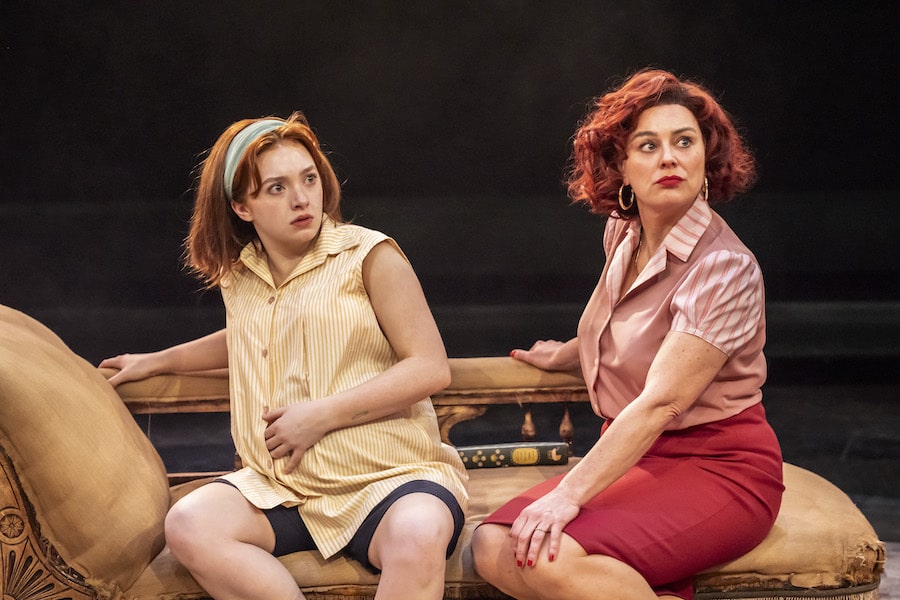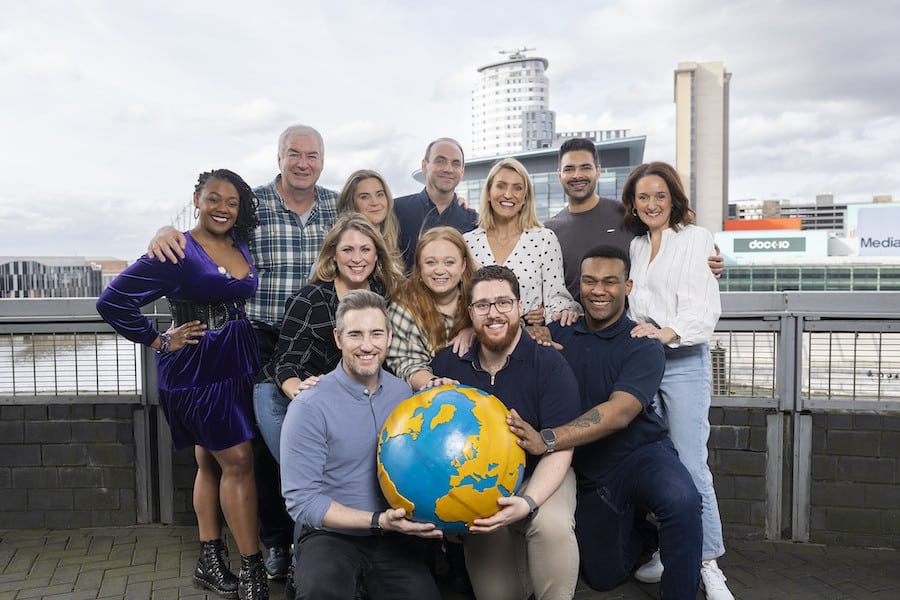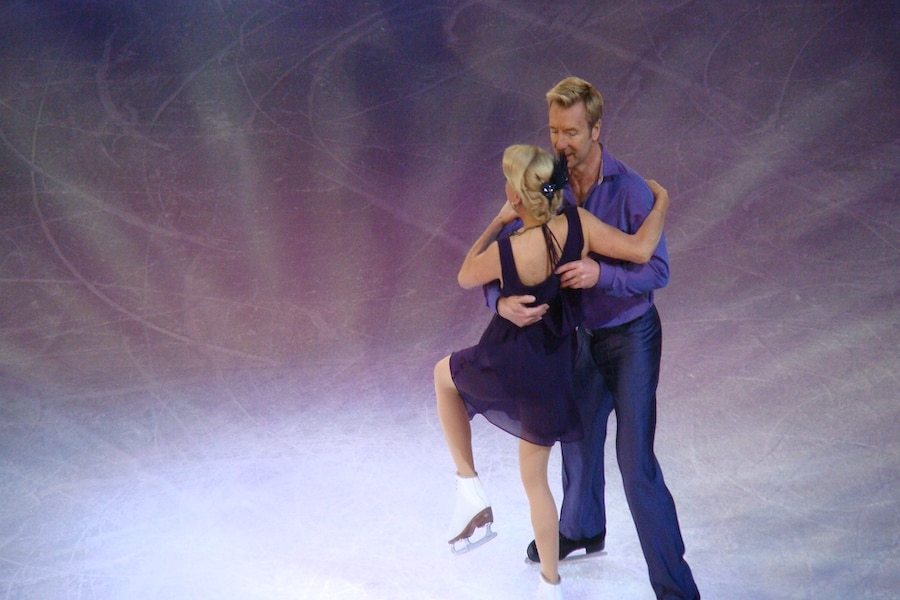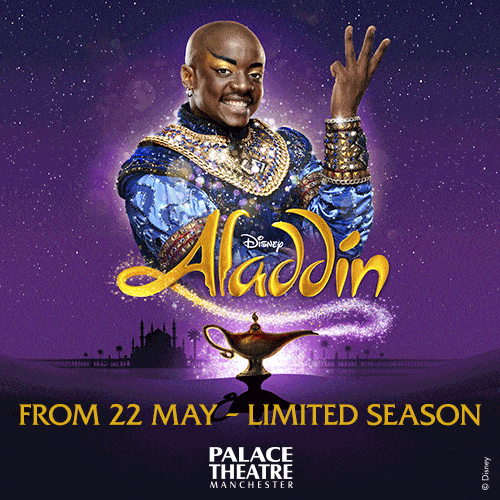The Mancs are coming: when the music of Manchester ruled the US charts
- Written by Terry Christian
- Last updated 5 years ago
- Culture, Music
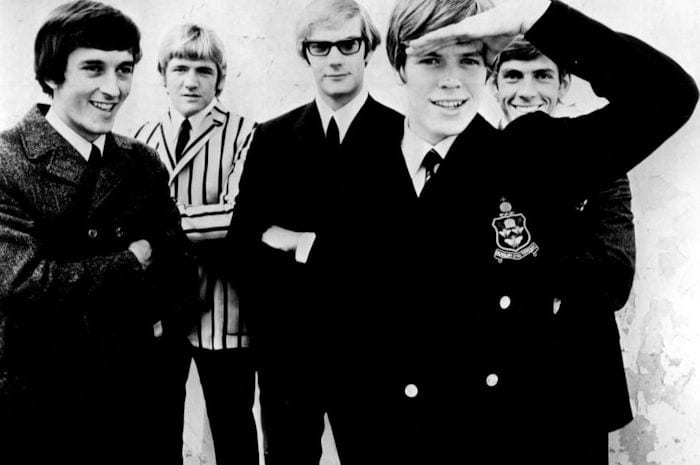
Manchester and its music scenes many and varied have always been viewed as something of a recent fad by our south-eastern media hegemony. Hence anniversaries of the worldwide impact of Manchester music are rarely paid passing reference or given due deference.
But for six heady weeks from 10th April to the 15th May 1965, Manchester bands nestled in the number one spot in the US Billboard top 100. In the week of April 24th 1965, Manchester bands occupied the 1, 2, and 3 spots at the top of the US charts – and one Manchester band outsold The Beatles at the height of so-called Beatlemania.
American TV stalwarts Johnny Carson and Ed Sullivan introduced these lively fun-filled northerners from Manchester to the US public in the wake of Beatlemania. The American media described it as the Manchester invasion.
Back then Manchester had Herman’s Hermits, The Hollies, Freddie And The Dreamers, Wayne Fontana and The Mindbenders, The Dakotas, The Mockingbirds, and John Mayall’s Bluesbreakers. As a city it also boasted the highest proportion of night clubs per head of population of anywhere in the world.
In the sixties the world’s cotton capital had become a hotbed of music and it was the start of a tradition which thrives to this day.
The lynchpins of all the Manchester bands successes in the sixties were Harvey Lisberg, Danny Betesh and Charles Silverman at Kennedy Street Enterprises.
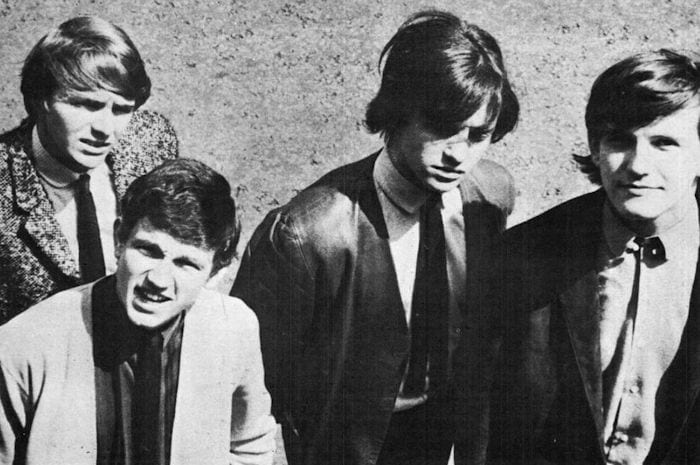
When The Beatles first hit the charts, Harvey Lisberg was a 23 year-old trainee accountant in Manchester. He looked around at this growing pop scene and thought he might well get involved, initially as a way to meet girls.
One night he saw a band of teenagers called the Heartbeats playing in a church hall in Davyhulme fronted by a fresh faced sixteen-year old lad called Peter Noone who had recently starred briefly as Len Fairclough’s son in Coronation Street.
Harvey decided to take the band under his wing and they shortly after changed their name to Herman and the Hermits (later shortened to Herman’s Hermits). The first thing Lisberg did was hook them up with Mickie Most, the bright young producer of the time, who’d recently scored big hits for The Animals and The Nashville Teens.
In mid-1964 the band were signed to Columbia records and recorded a version of Goffin and King’s I’m Into Something Good, a song then enjoying US top forty success for Earl Jean. Herman’s Hermits version soon climbed to the number one chart spot in the UK and even hit the top 20 in the USA , outselling the Earl Jean version in the process.
Meanwhile Harvey had met up with Danny Betesh, another former Mancunian accountant involved in pop music, who had set up an agency in Manchester called Kennedy Street Enterprises.
He’d initially run a small ballroom in the late fifties but by the early sixties he’d moved into agency work, booking local acts such as Freddie And The Dreamers and Dave Berry. In 1963 he booked his first big tour, American star Roy Orbison supported by The Beatles.
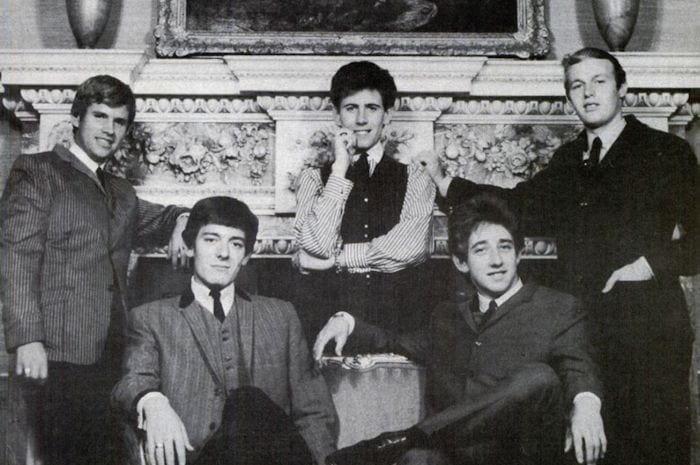
This was a 21 date tour and was a huge success, establishing Betesh as one of the most important promoters in the country. In less than a year he had America begging him for British beat groups to send over on tours in the wake of the beat explosion.
Freddie And The Dreamers were the first group dispatched by Danny in early 1965 and after appearing on the peak time US television show Hullaballoo, their old 1963 UK chart hit I’m Telling You Now went straight to number one in the US Billboard top 100 on April 10th 1965 – the official start of the Manchester invasion.
Other hits followed including You Were Made For Me and I Understand. The Americans loved Freddie’s comic zaniness and mad dance routines. Serious American journalists looked at Freddie’s dancing and aware of such dance crazes as the Hully Gully and the Twist, wanted to know the name of the crazy dance he’d performed on Hullaballoo.
“It’s called the Freddie”, he told them. When the subsequent publicity came out in print , on radio and on TV, the group rushed out a novelty single called Do The Freddie, which also hit the US top twenty.
Harvey Lisberg and Danny Betesh wondered if the bespectacled and eccentric Freddie Garrity could become a star in four weeks, what would the Americans do when they saw the good looking sixteen-year old Peter Noone (Herman), who Mickie Most thought looked like a young John F Kennedy.
Within weeks of landing in the States, Herman replaced Freddie as the flavour of the next eighteen months.
Herman’s Hermits were on a tour of the USA with fellow Mancunians Wayne Fontana and The Mindbenders. It was The Mindbenders song Game Of Love which replaced Freddie And The Dreamers in the number one slot in the US top 100 on April 24th 1965, an historic week when Herman’s Hermits went straight in at number two and Freddie and The Dreamers were number three.
The top three singles in the States were from Manchester bands and more was to follow. For the next three weeks, Herman’s Hermits hogged the top spot with Mrs Brown You’ve Got A Lovely Daughter, only losing out at the end of May to The Beatles’ Ticket To Ride.
American teenagers went wild for Herman’s Hermits fresh faced lead singer and by the end of 1965 the band had sold over 10 million records in less than eight months, outselling even the mighty Beatles in the US in 1965.
The band were mobbed where ever they went, eventually selling in the region of eighty million records. Between October 1964 and June 1967, they had eleven singles in the top ten in the US and fifteen singles reach the top twenty. They’d been offered and appeared in movies and were household names.
In their wake came another band from Manchester – The Hollies. Formed by Allan Clarke and Graham Nash in Salford in 1961, only the Beatles sold more singles in the UK between 1963 and 1970 than The Hollies. In a chart career spanning thirty years, they spent a total of 318 weeks in the UK chart with a dozen top ten US singles plus tours with The Yardbirds and the Rolling Stones. They even had Elton John playing session piano for them on their huge 1969 hit He Ain’t Heavy, He’s My Brother (Elton’s first foray into the top ten).

Kennedy Street Enterprises were into every Manchester act, including The Mockingbirds, the warm-up band on Top Of The Pops when it came from Dickenson Road in Manchester.
Graham Gouldman of The Mockingbirds would write huge hit singles including For Your Love by The Yardbirds, No Milk Today for Herman’s Hermits and The Hollies first US top ten single Bus Stop, which reached number 5 in the US in April 1966, without ever enjoying the pop limelight as The Mockingbirds.
It was Gouldman’s search for pop success in his own right that lead eventually to the formation of 10cc and, of course, the need to set up Manchester’s first world class recording studios, Strawberry in Stockport at rehearsal rooms owned by his mate Eric Stewart of The Mindbenders (with whom he would join forces in 10cc).
Even back then, what would become the punk rallying cry of ‘do it yourself’ was being heard in Manchester.
Having Strawberry Studios on the doorstep encouraged the fledgling Factory Records to record the debut album from Joy Division there. From then on, Manchester has always been a scene unto itself. From the innocent pop of Herman’s Hermits and the unfashionable face of pop, came the birth of the cool.
In the seventies we had 10cc, then the punk explosion of Buzzcocks, Magazine, The Fall, Joy Division and, on a more middle of the road trip and sharing the same management as 10cc, Sad Café fronted by Paul Young.
It has been an endless river of talent ever since via Madchester and Oasis to our current King of Manchester Music, Bugzy Malone, and it all goes back to those fresh-faced fun-filled sixties Mancunian pop kids who took on the world and conquered it.
Did we miss something? Let us know: [email protected]
Want to be the first to receive all the latest news stories, what’s on and events from the heart of Manchester? Sign up here.
Manchester is a successful city, but there are many people that suffer. The I Love MCR Foundation helps raise vital funds to help improve the lives and prospects of people and communities across Greater Manchester – and we can’t do it without your help. So please donate or fundraise what you can because investing in your local community to help it thrive can be a massively rewarding experience. Thank you in advance!
Got a story worth sharing?
What’s the story? We are all ears when it comes to positive news and inspiring stories. You can send story ideas to [email protected]
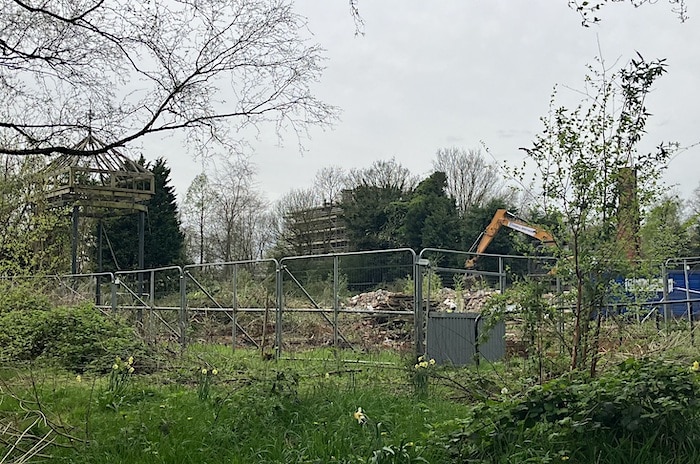
Historic greenhouse in Salford park demolished
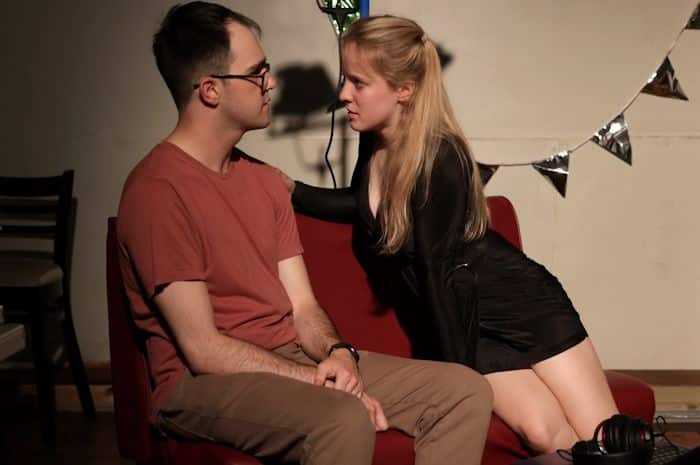
Award-winning play returns to local stage ‘to promote positive change’
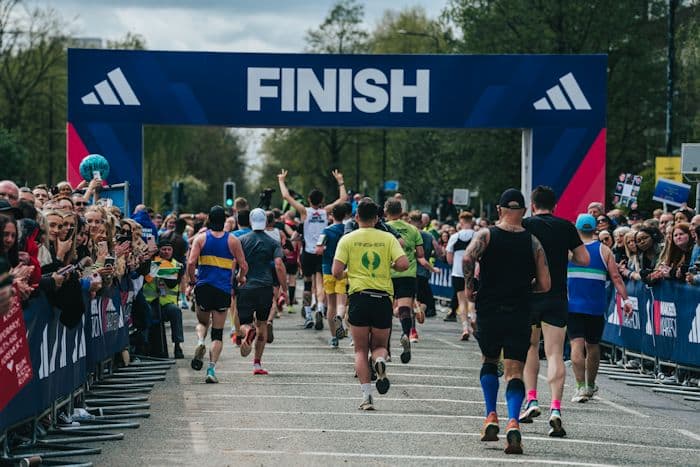
Record number of runners take part in this year’s Manchester Marathon
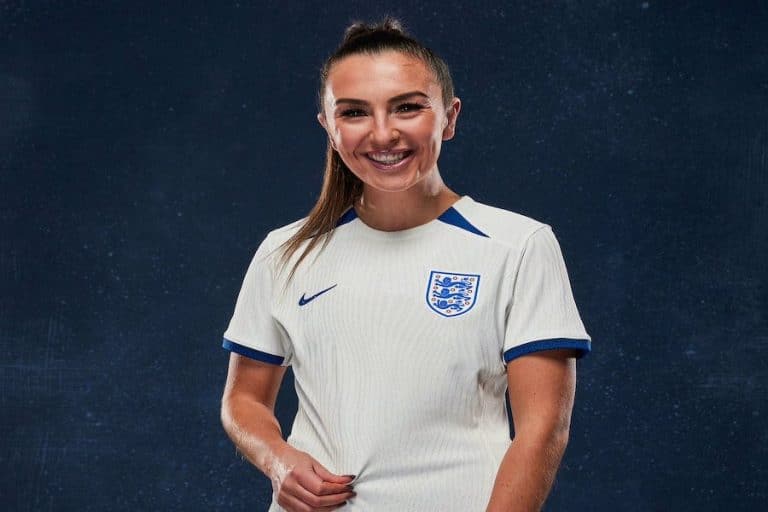
Worker Bee: Meet Katie Zelem, the captain of Manchester United
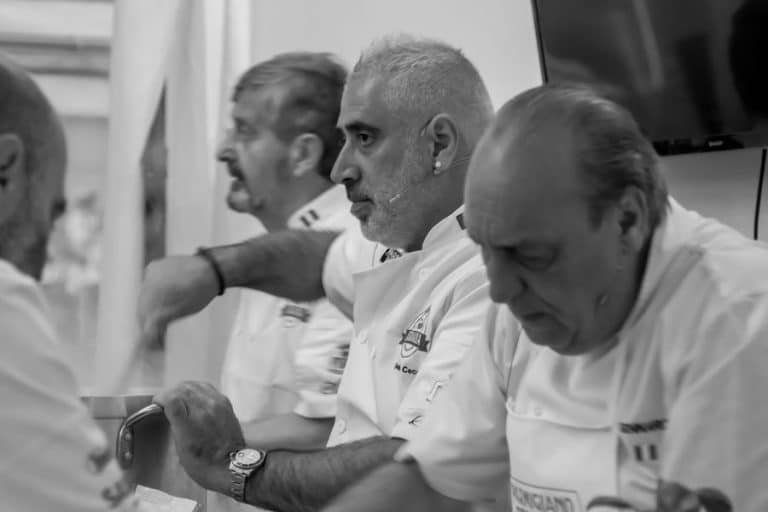
Worker Bee: Meet Maurizio Cecco, the founder of Salvi’s and Festa Italiana
